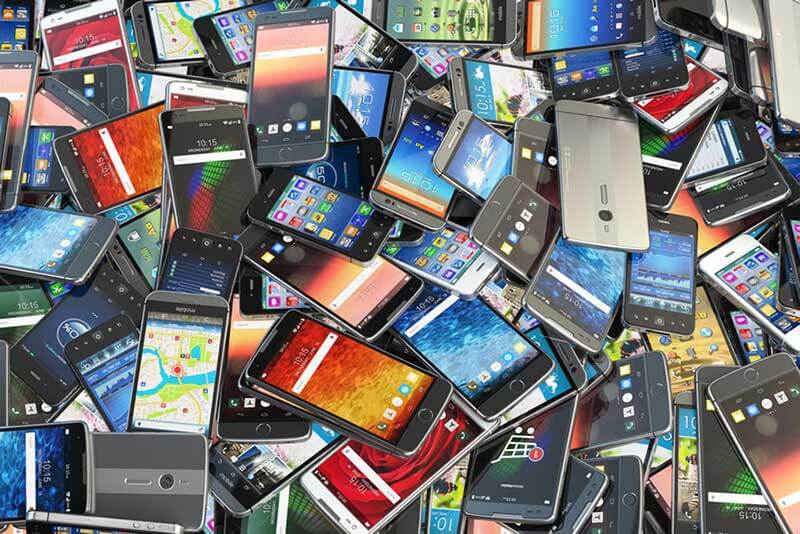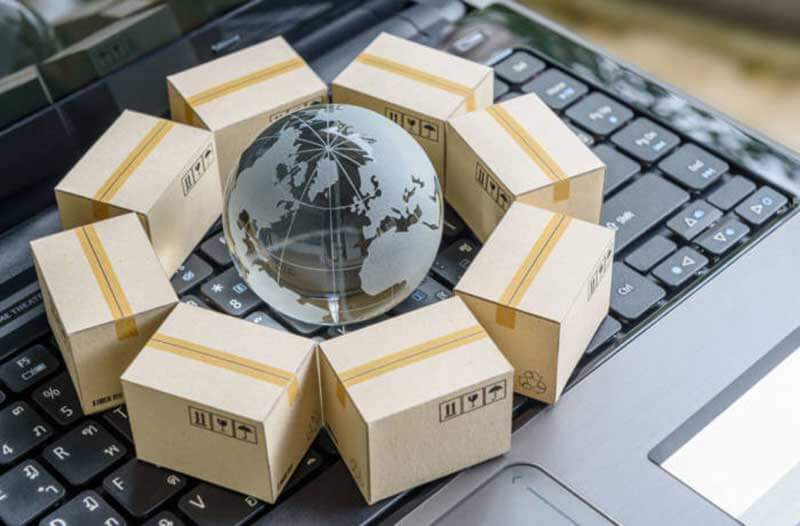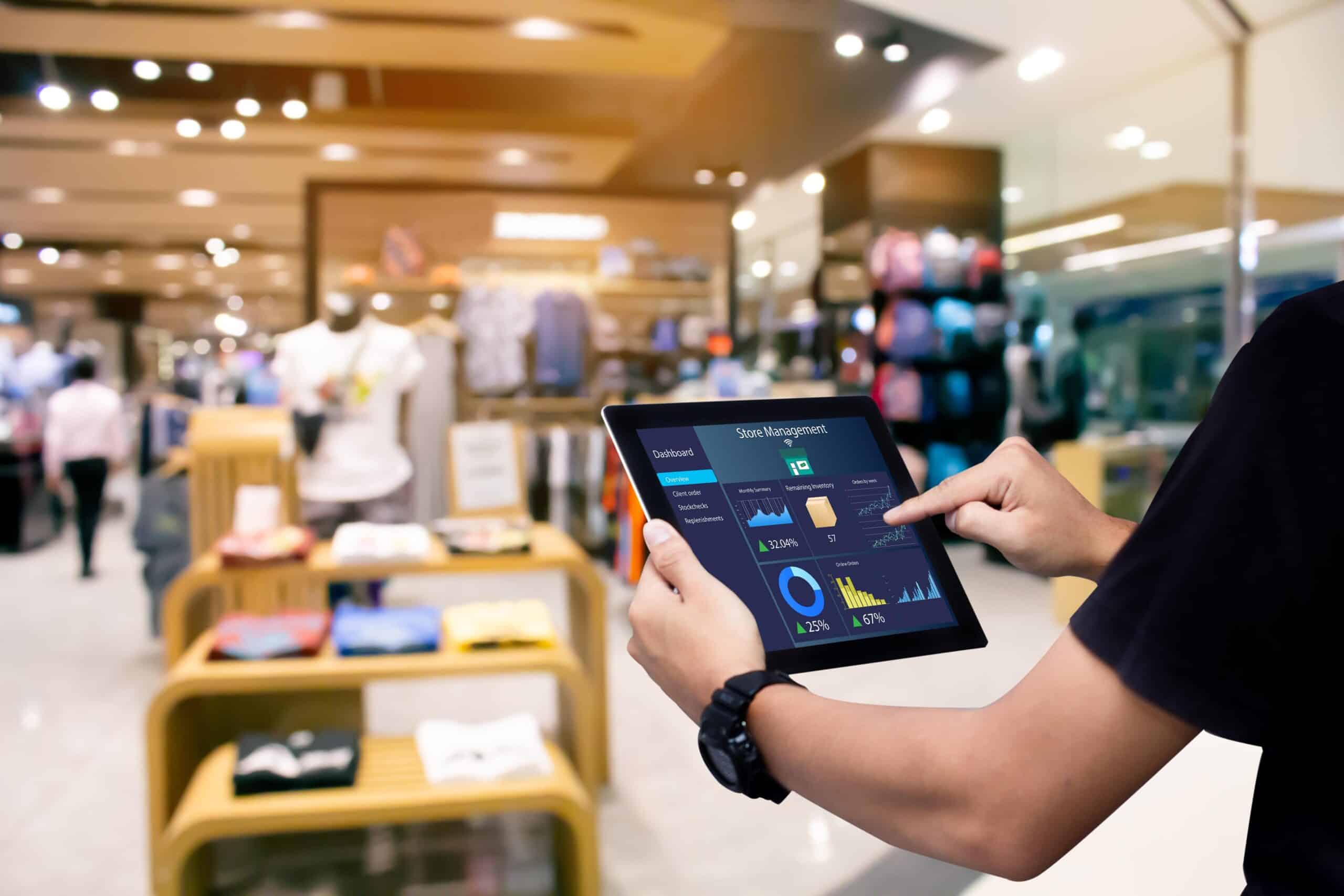- The growing trend toward transforming consumption through reuse
- Making it easy on the seller is the secret to recommerce success
- Recommerce is bigger business than you might imagine
The environment is in trouble, and the need for answers is clear. But our efforts to reduce waste and end reckless consumption need to be both systematic and broad. We’re taking the first steps in that direction, but more needs to be done – and soon. That means changes a lot bigger than merely sorting our trash, however, and the scale of the solution needs to be massive.
Innovative approaches are already grabbing media attention. One great example is Kathleen Kerridge at the Guardian, who suggests that we combat consumerism and food waste by transforming leftovers into new, tasty meals. She also recommends that we resist the purposeless consumerism that encourages us to over-purchase, the ‘buy two to get a third free’ kind of thing. While passing on food we don’t really need and repurposing leftovers are simple ideas, it’ll take just that kind of everyday practicality to make a dent in the mountains of waste we produce.
That’s why a new, promising path to a sustainable future takes advantage of our drive to consume while rechanneling that behaviour. It takes reuse and magnifies it’s impact by multiplying its appeal to the mass market. And doing so, it demonstrates that sustainability can be at the heart of a new economy without fundamentally altering how retail works.
But before you reject this idea out of hand, keep in mind that an economy built on reuse doesn’t need to be as preachy or Puritan as you might imagine, and consumers can already see the advantages of a less disposable economy. For instance, instead of buying a new mobile every few years and just tossing the old one in a drawer, people are increasingly buying and selling these second-hand phones. As Tom Kang from Counterpoint Research reports, “the global market for refurbished smartphones grew 13% y/y in 2017, reaching close to 140 million units. This was in contrast with the global new smartphone market that grew a scant 3% last year…” There’s money to be saved this way, and money to be made, too.

The growing trend toward transforming consumption through reuse
In fact, there’s a growing trend toward transforming consumption through reuse. And what’s emerging as its central idea is deceptively simple: one person’s trash can be another person’s treasure. At its most basic, this can be as mundane as selling gently used items to people who want them. Recommerce is the business of this new approach, and it turns consumerism on its head, making it something to cherish rather than criticise. The business model is as uncomplicated as they come: when people have perfectly usable items they no longer need, they can sell or trade them for something they want. Essentially, this creates a market of second-hand goods, with buyers, sellers, and retail middlemen all benefiting, to say nothing of the environmental gains.
As simple as that is, it’s deceptively powerful. Consumerism is a problem, but our mass-market culture continues to encourage conspicuous consumption. Indeed, many of us – perhaps even most of us – feel the pull of the new and better, even when the old and good enough is perfectly acceptable. Recommerce harnesses this psychological need, using it to pull us toward a more sustainable tomorrow. Now, when you decide to splurge on that new mobile or a pair of high-end shoes, you can sell your old items to someone for whom they’re a needed upgrade.
Making it easy on the seller is the secret to recommerce success
To make this second-hand market attractive, recommerce retailers make it easy to sell and offer free shipping as an incentive to part with unwanted items. As Christoph Braun explains, “For the customers, the sales process is straightforward: with their mobile phone they scan the barcode number of the book, CD, DVD and game, or describe the fashion item they want to sell, and receive an immediate purchase offer as well as payment once the items are accepted. Next, they send a parcel or have it picked up without delivery charges.”
Recommerce retailers then sell what they’ve bought directly, or offer their items on established channels like eBay, marrying an everyday sort of reuse to the mass marketing power of e-commerce. That’s a powerful union, and it satisfies the needs of two different kinds of consumers. On one hand, people who really want the latest thing can buy what they desire and still feel good about their new purchases. After all, they’ve ‘recycled’ the old! And for conscientious shoppers, the prospect of a mass market for second-hand goods helps them buy with confidence that they’re doing their part to help the world.
Recommerce is bigger business than you might imagine
And this is bigger business than you might realise: profits are surging and recommerce retailers like Momox, ReBuy, and Quoka.de are experiencing growth that would make a weed jealous. Just consider that Momox, which resells books, console games, CDs, and DVDs, has recorded double-digit growth every year, for seven consecutive years, earning an astounding €150 million in 2016 alone.
That’s the kind of number that can really make a difference, because it takes a lot of second-hand commerce to produce a profit of that magnitude. And for every item that’s sold, that’s less trash headed to a landfill and a longer service life for perfectly usable items. Moreover, the big e-commerce players like Amazon are looking to get into the game, and when – not if – that happens, we can expect a global boom in this innovative alternative. That’s big – maybe even big enough to make a real difference.
And what we like about this solution is that it repurposes consumption, making something helpful from a behaviour that’s hard to praise. We’re sure that it’s just that kind of outside-the-box thinking that we’ll need if we’re to find a solution to this global crisis.




